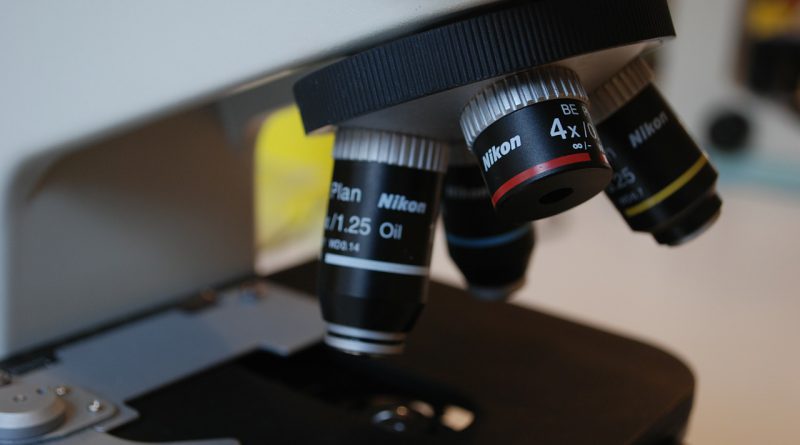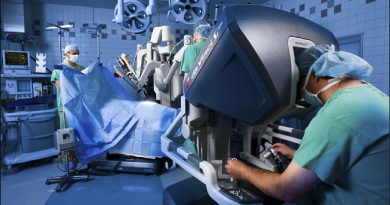One stop diagnostic clinic
The concept of one stop diagnostic clinics for patients with a suspected Urological cancer (bladder & Prostate) is nothing new. A Direct Access Haematuria (DAH) & Direct Access Prostate (DAP) have been up and running in the Urology department at Aberdeen Royal Infirmary for more than 15 years and during that time, these clinics have evolved to assist in meeting service demands.
Direct Access Haematuria (DAH) – Runs all day once a week. Patients with a history of painless visible, macroscopic haematuria are referred straight from GP referral and most patients are seen within 2-3 weeks from the date of referral. They are seen either by an experienced urology nurse specialist or trainee urologist. The clinic allows for a detailed history around current urinary symptoms. Physical examination where required i.e. prostate and visualisation of the lower urinary tract with a flexible scope (cystoscopy) under local anaesthesia. Renal (kidney) ultrasound examination is also performed on the same day by specialist radiographer staff. Results are given to patients once procedure has been completed.
Should these examinations discover the patient has a probable bladder tumour, they receive further information and specific details around care pathways from an experienced urology nurse situated in our UCAN centre. Pre assessment is often undertaken on the same day.
Direct Access Prostate (DAP) – There is currently 2-3 clinics per week and patients are seen here for assessment of their urinary symptoms and consideration of a prostate biopsy if required. Patients are asked to attend the clinic with a pre filled questionnaire concerning their urinary symptoms, a urine pressure flow is measured using special equipment and a bladder scan performed after voiding urine (this is to measure any levels of retained urine). A thorough history of general health and symptoms, indications for biopsy and fitness for biopsy are all taken.
A rectal examination of the prostate is always performed. Those patients requiring a prostate biopsy (10-12 biopsies taken) have this performed under a local anaesthetic and an antibiotic is given before the procedure. The biopsy procedure takes under five minutes to perform and patients can expect some localised discomfort, rectal, urine and bleeding into semen for a few days after biopsy. The results (histopathology) from these biopsies take around 2-3 weeks to become available.




